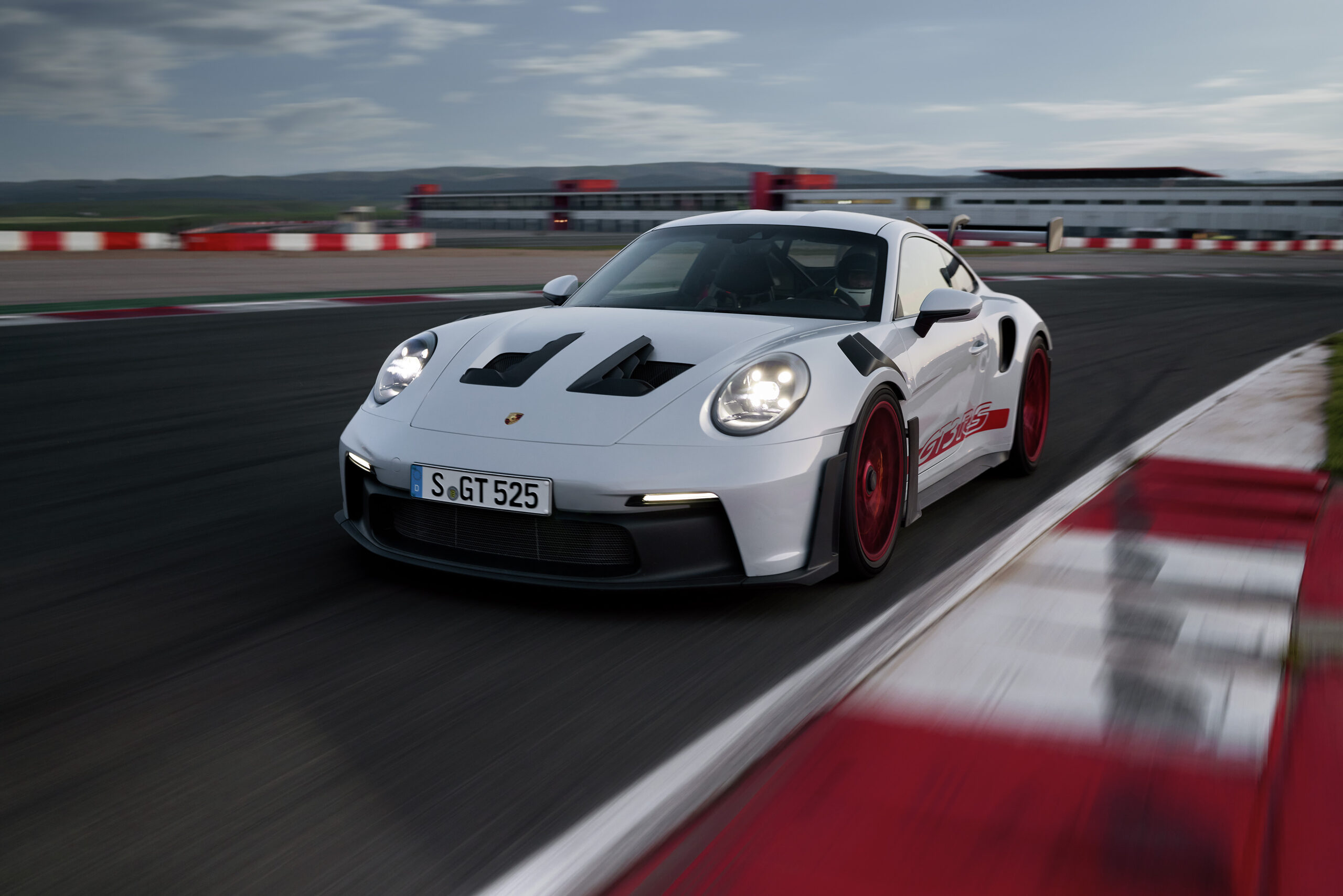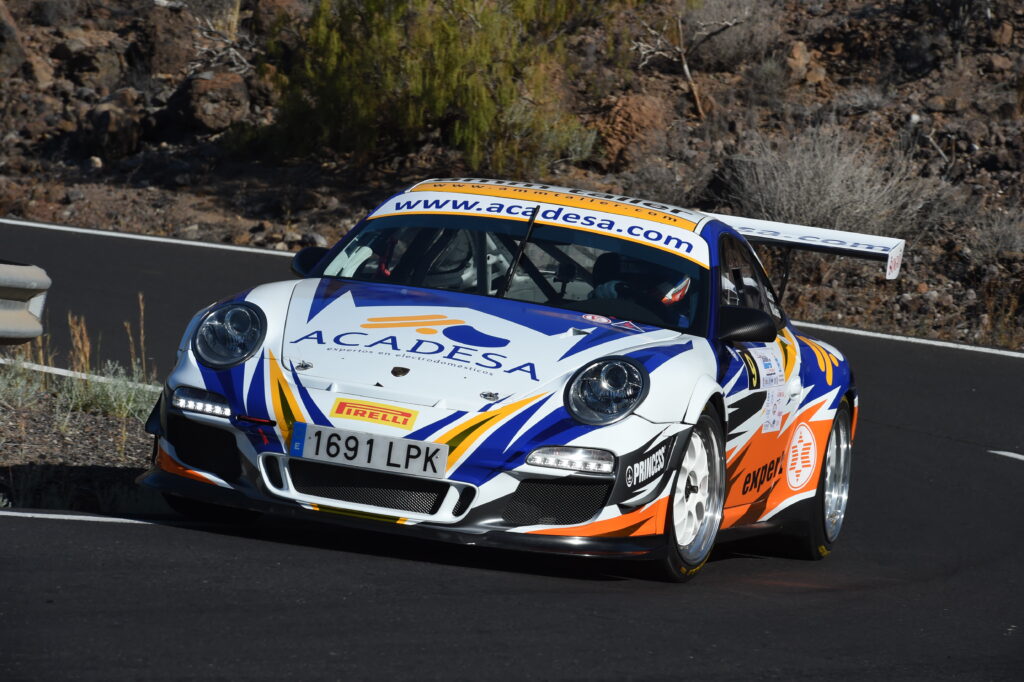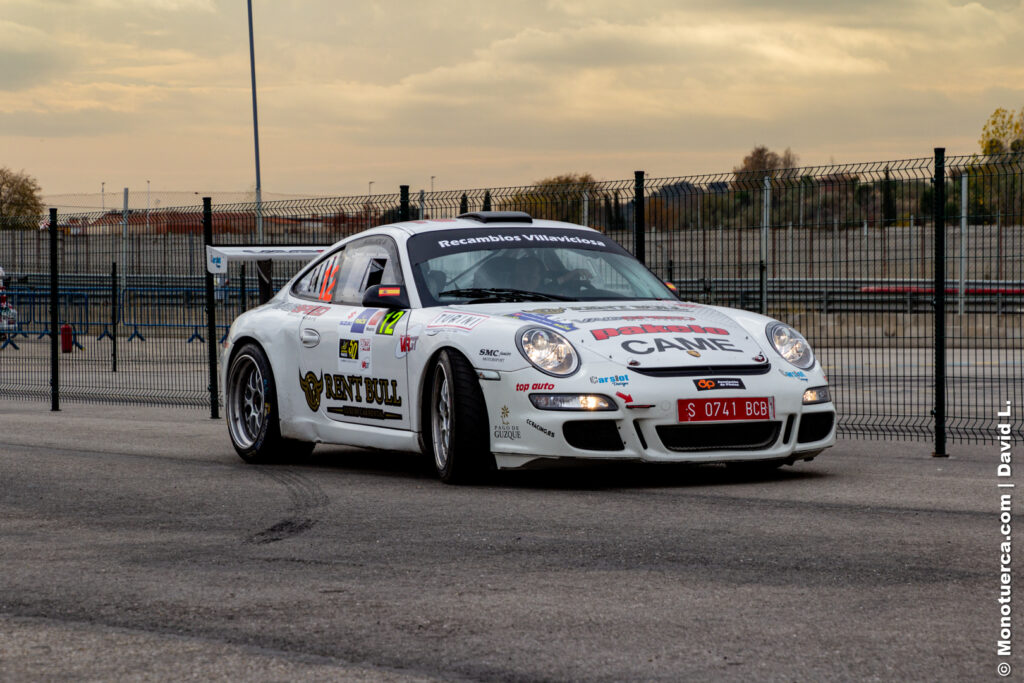Porsche


Porsche
Founded
1931
Founders
Ferdinand Porsche
Country
Germany
Headquarters
Stuttgart, Baden-Württemberg


Porsche
Founded
1931
Founders
Ferdinand Porsche
Country
Germany
Headquarters
Stuttgart, Baden-Württemberg
About this brand
Discover the history
Porsche, a name synonymous with high-performance sports cars and racing excellence, traces its roots to the genius of Ferdinand Porsche. Founded in 1931 in Stuttgart, Germany, the company initially focused on automotive consulting and development. However, the unveiling of the iconic Volkswagen Beetle in 1938, designed by Ferdinand Porsche, marked a significant milestone for the brand.
After World War II, Ferdinand Porsche’s son, Ferry Porsche, established Dr. Ing. h.c. F. Porsche GmbH in 1948, which laid the foundation for Porsche as an independent sports car manufacturer. The Porsche 356, introduced in the same year, was the company’s first production car and embodied the spirit of Porsche’s engineering prowess. With its aerodynamic design and rear-engine configuration, the 356 quickly gained popularity and set the stage for Porsche’s future sports car legacy.
Motorsport has been at the heart of Porsche’s DNA since its early days. The Porsche 550 Spyder, introduced in the 1950s, achieved notable success in racing, including class victories at the 24 Hours of Le Mans and the Carrera Panamericana. The 550 Spyder became an emblem of Porsche’s commitment to performance on both the road and the track.
The Porsche 911, introduced in 1963, stands as an automotive icon and one of the most recognizable sports cars globally. Its distinctive design, rear-engine layout, and unparalleled performance have made the 911 a perennial favorite among enthusiasts. Over the decades, the 911 has evolved through multiple generations, each pushing the boundaries of innovation and driving dynamics.

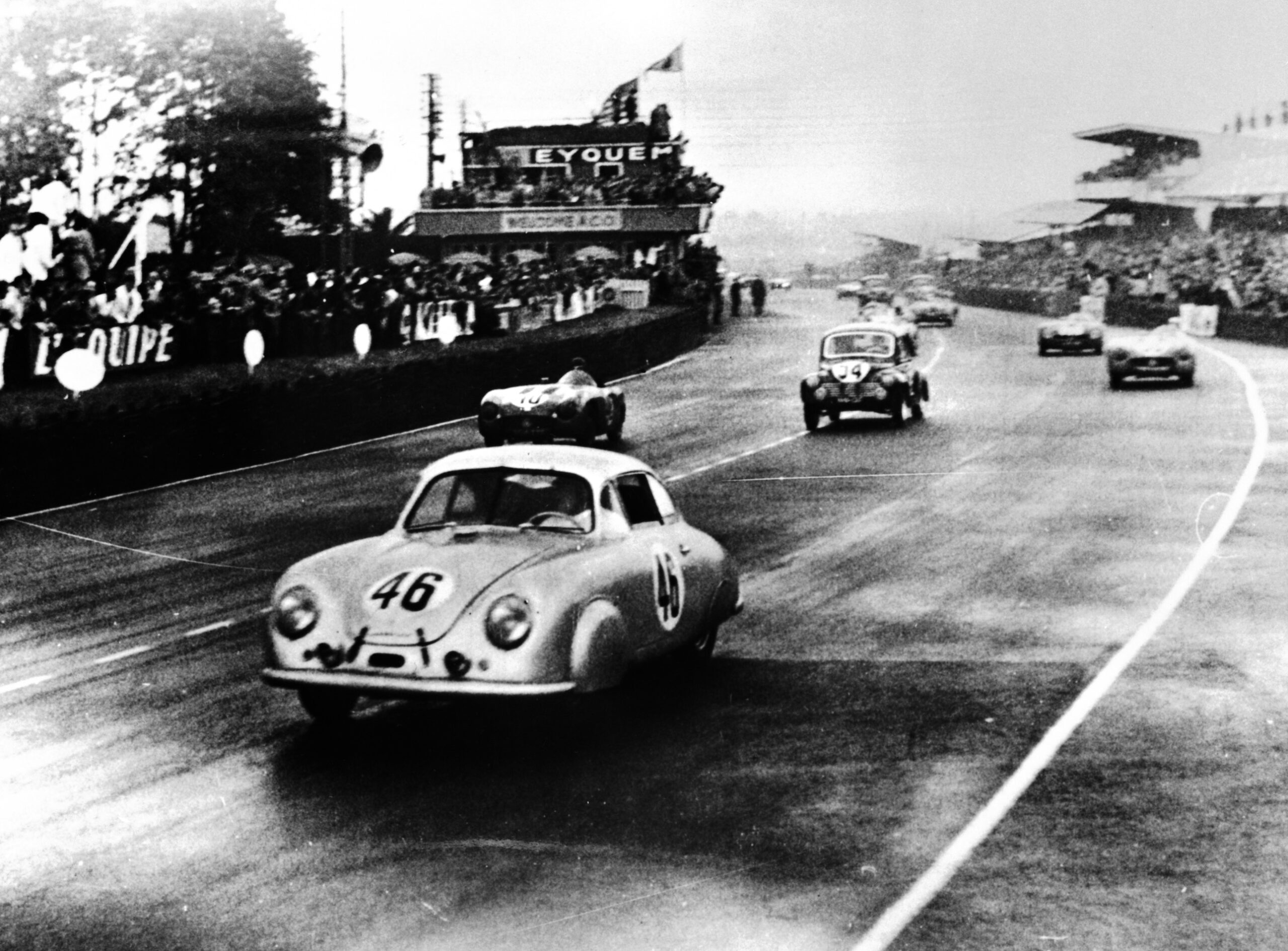
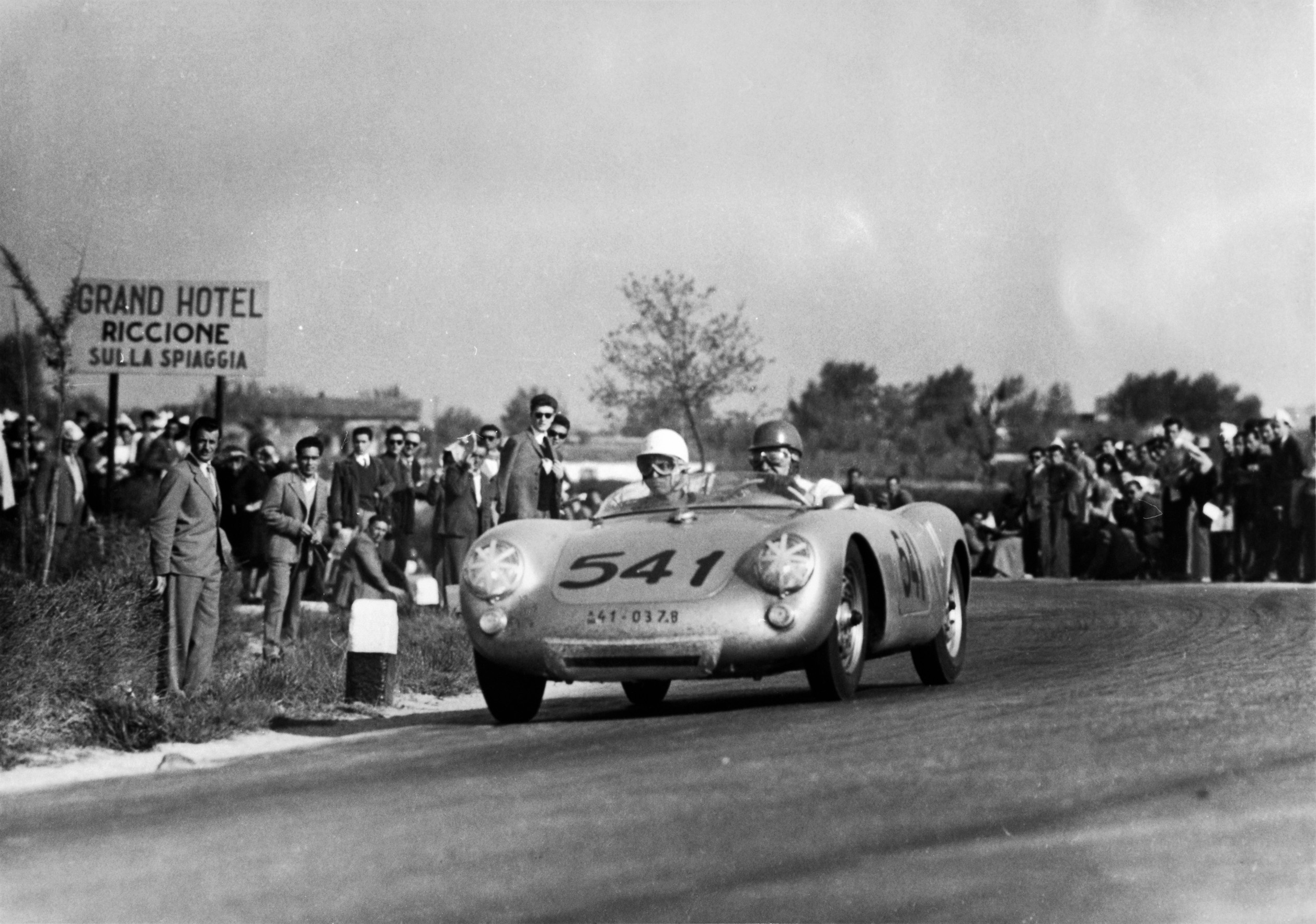
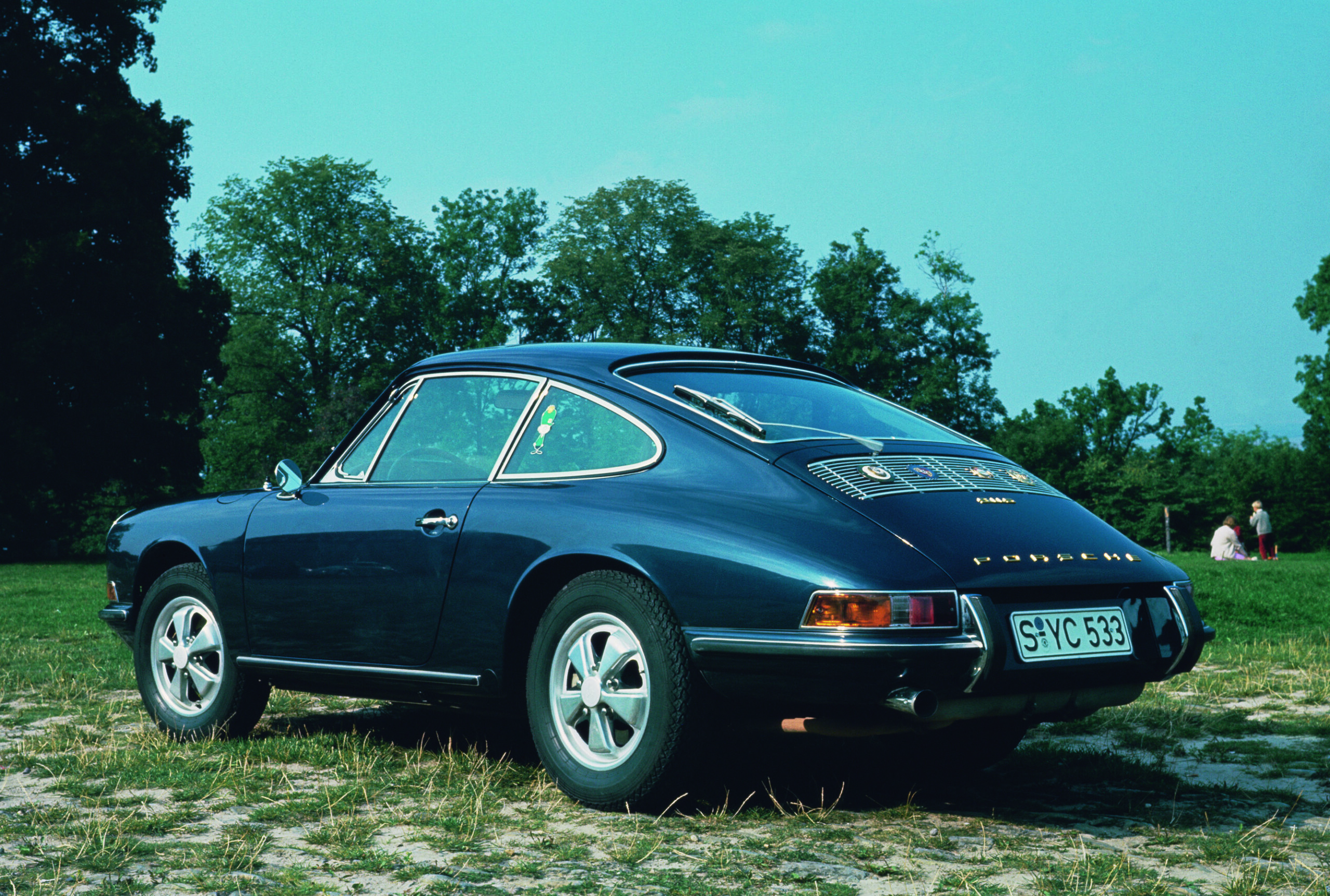
Porsche’s success in motorsport reached new heights with the introduction of the Porsche 917 in the late 1960s. The 917 secured Porsche’s first overall victory at the 24 Hours of Le Mans in 1970, a feat the brand would repeat multiple times. The 917, with its powerful flat-12 engine, became a symbol of dominance on the racetrack.
In the 1980s, the Porsche 956 and 962 sports prototypes continued Porsche’s Le Mans success, securing multiple victories in endurance racing. The Porsche 959, introduced in 1986, was a groundbreaking supercar, featuring advanced technologies and setting new standards for high-performance road cars.
The Porsche 911 Turbo, with its distinctive rear spoiler and turbocharged power, became a performance benchmark in the 1980s and beyond. Porsche’s commitment to innovation was further showcased with the introduction of the Porsche Boxster in 1996 and the Cayenne SUV in 2002, expanding the brand’s lineup to include sports cars, SUVs, and sedans.
In the 21st century, Porsche continued its motorsport legacy with the Porsche 919 Hybrid, a hybrid prototype that achieved remarkable success in the FIA World Endurance Championship, including multiple victories at Le Mans. The Porsche 911 GT3, introduced in various iterations, further solidified Porsche’s presence in GT racing.



